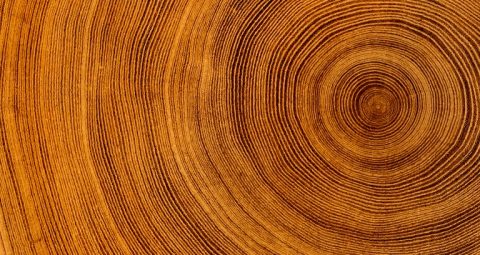
News & Updates
EDUCATION:
Before commencing his graduate work in Religious Studies, Mark spent six years living in a monastic community studying meditation, yoga, and the nondual Kashmiri ?aiva tantra and Ved?ntic philosophical perspectives underpinning this tradition. For more than 25 years now he has sustained a daily meditation practice that deeply informs his manner of being in the world and his approach to teaching.
Mark’s current research utilizes sacred space as a lens to better understand lived religion and its philosophical roots. In this regard, he is interested in notions of presence in sacred space, ritual interaction with space, tomb and relic worship, and sacred architecture as an expression of mythico-historical personality of place. He is currently working on a book project that explores the roots of sam?dhi (Hindu tomb-shrine) burial practice and the development of sam?dhi worship traditions through a case study of the sam?dhi mandir of a the 13th-centruy siddha and Varkari sant, Jñ?ne?var Mah?r?j in ??and?, Maharashtra.
Mark is exploring three other directions of research and teaching interest. He has been pioneering the capture and use of 360º video content of sacred space in India to give students an immersive experience of the spaces they are studying by means of Google Cardboard and Oculus Go VR headsets. Additionally, for several years now, Mark has been teaching an experiential course on the biomedicalization of meditation where students practice secular evidence-based meditation techniques while examining the Buddhist and Hindu philosophical perspectives of self that were shaped by these same practices. Lastly, he has been collecting data on the intersectionality of sustainability and religion in India, which he has been engaged with on the ground as the Program Director of the William & Mary Summer Abroad Program in India.
Mark currently serves as the chairman of the Academic Advisory Council for the Muktabhoda Indological Research Institute, whose mission is to digitally preserve endangered Sanskrit texts from the religious and philosophical traditions of classical India and make them accessible for study and scholarship worldwide.
Mark’s current courses include “Introduction to Hinduism,” “Meditation and the Mind,” “Tombs, Temples, and Topography: A Survey of Sacred Space in India,” “Feminine Power and Female Voices in Hindu Traditions,” and “Modern Hinduism.” He also is the program director for William & Mary’s annual 5-week summer abroad program in India.
PUBLICATIONS:
- Seven Hundred Years in Meditation: Sam?dhi Burial and the Sam?dhi Shrine of Jñ?ne?var Mah?r?j, Forthcoming from SUNY Press.
- Co-editor, “”Sam?dhis, Darg?hs and Relics in South Asia, vol 2,”” special double-issue of The Journal of Hindu Studies. Sam?dhis, Tombs and Relics, (August 2021).
- “”Tracing the Roots of Samadhi Burial Practice,”” special double-issue of The Journal of Hindu Studies: Sam?dhis, Tombs, and Relics vol. 1(May 2021).
- “”Death Matters,”” co-authored with Brian Hatcher and Abhishek Amar, special double-issue of The Journal of Hindu Studies: Sam?dhis, Tombs, and Relics vol. 1 (May 2021).
- Co-editor, “”Sam?dhis, Darg?hs and Relics in South Asia, vol 1,”” special double-issue of The Journal of Hindu Studies: Sam?dhis, Tombs and Relics, (May 2021).
- “”Turning Tomb to Temple: Hagiography, Sacred Space, and Ritual Activity in a Thirteenth-Century Hindu Shrine.”” In Hagiography and Religious Truth: Case Studies in Abrahamic and Dharmic Traditions, edited by Rico G. Monge, Kerry P. C. San Chirico, and Rachel J. Smith. New York: Bloomsbury Academic, 2016. 70-78.


